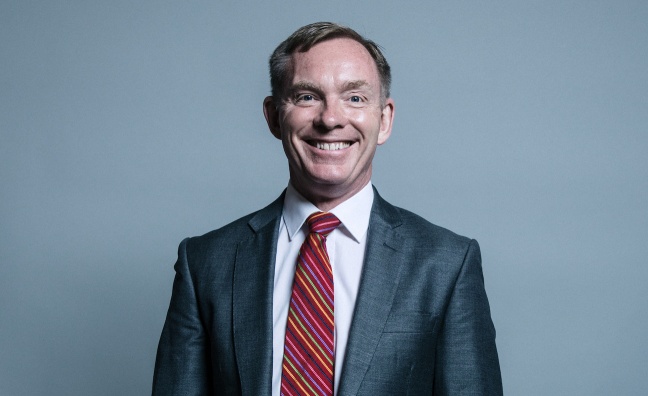The Culture, Media and Sport Committee has published the government’s response to MPs’ report on creator remuneration (which dates from the previous Parliament).
The report, published in April, found that many musicians (and other creatives) were struggling to make a living due to gaps in copyright protection, a lack of support for freelancers and unpredictable returns from music streaming.
The government has now responded in a letter from Sir Chris Bryant, Minister for Creative Industries, Arts and Tourism, and Feryal Clark, Parliamentary Under-Secretary of State for AI and Digital Government.
In its report, the Committee recommended: “The government must take stock of the results of the extensive research it has commissioned and look at how it can drive fundamental reform of music streaming with a package of measures designed to make streaming work for all.”
The new Labour government has, though, reiterated the previous Conservative administration’s position of leaving any structural changes to the industry.
“The government wants to see a music streaming sector where the contributions of all parts of the industry are valued and rewarded, where investment is encouraged, and where great British music flourishes,” responded the government to the Committee (Sir Chris Bryant, pictured, is responsible for the music sector).
Ministers in the Labour government noted that artists now have “more choice in how they finance their music and release their music, through the increasing availability of a range of deal types that can offer substantially higher royalty rates than traditional record deals”.
“The government is pleased to see the progress that the music industry has already made in addressing issues around music metadata and transparency, through groundbreaking industry agreements on these topics,” the letter stated. “The government is confident that these agreements will result in real benefits for creators and values the constructive efforts from all parts of the industry in developing and implementing them.”
“The government recognises that many creators continue to have understandable concerns about remuneration and the split of streaming revenues,” added ministers. “It is vital that discussions and policy-making in this area take place on an informed, evidence-led basis.
“In that context, it is important to note that the Competition and Market Authority’s (the CMA) market study into music and streaming found that it is unlikely that the outcomes that concern many stakeholders are primarily driven by competition, and that there is a greater risk that a competition intervention will result in unintended consequences and worse outcomes for both consumers and creators.
“Accordingly, the government’s current view is that the best way to address creator concerns on remuneration in music is through dialogue within industry and, where appropriate, industry-led action.”
It is now up to the new government to address gaps in copyright protections and support that are clearly leaving many struggling to get by
Dame Caroline Dinenage
Incoming ministers approved the continuation of the Creator Remuneration Working Group (Terms of Reference and Membership) shortly after the election. The Working Group met most recently on July 31, 2024, where attendees discussed issues facing artists on older, pre-digital recording contracts.
“Ministers hope that further progress can be made and reserve the right to consider alternative measures if necessary,” said the government in the response to the Committee.
In response to calls for more to be done to ensure creators are compensated when their works are used by artificial intelligence systems, the government said it wants to strike the “right balance” and “[intends] to proceed carefully but with a degree of urgency in this area and hope to announce next steps soon”.
"Both the creative and AI sectors are vital to our mission to grow the UK economy, and we are committed to finding the right balance between fostering innovation and ensuring protection for creators and investment in the creative industries," stated the letter.
"As the Committee notes, any resolution to these issues may require legislation, as well as technological solutions, agreed standards and international cooperation. The government is fully aware that the present situation is less than ideal for both AI developers and creators as a lack of legal certainty can impact confidence levels."
The government response does not commit to the recommended private copying scheme (which has been used in Europe) to ensure creators are compensated when people copy or move content such as songs to or between their devices. But the government said that ways to resolve loss of royalties will be considered.
On the subject of strengthening the rights of freelancers and those on contracts, the response commits to exploring the case for a Freelance Commissioner and points to the provisions in the Employment Rights Bill, introduced to Parliament last month.
Dame Caroline Dinenage, chair of the CMS Committee, said: “The report from the last Parliament has put the subject of fairness for our creatives firmly on the agenda and it is now up to the new government to address gaps in copyright protections and support that are clearly leaving many struggling to get by.
“The rise of artificial intelligence has had a significant impact on the creative industries across the board. The new Committee will be continuing to explore how such emerging technologies can be harnessed to help rather than hinder the ability of creators to enjoy a successful career.”












